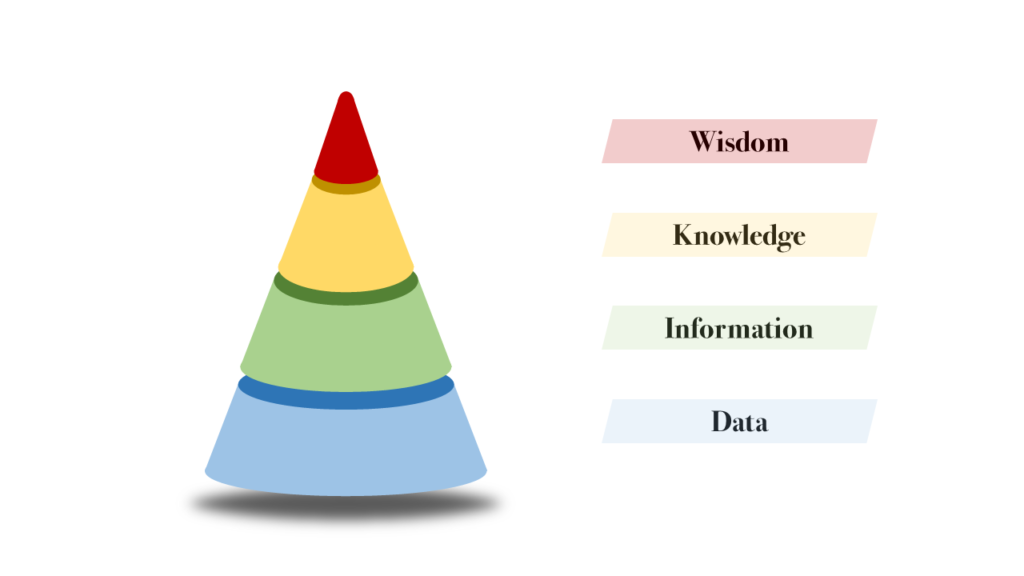
Information diet
Do you ever feel overwhelmed by information? Do you still keep scrolling on social media nonetheless? If so, it may be worth going on an information diet.
There’s been an explosion of information in recent years and we can attribute this to the internet, more internet-connected devices (mainly mobile phones) and the democratisation of content creation. Before the world wide web, information publishing was guarded by gatekeepers in the form of publishing houses, newspapers, music companies, TV channels and so on. The invention of the world wide web by Tim Berners-Lee in 1989 made it possible to share information between a network of computers. This meant that anybody could publish information and reach a large audience if they had an internet connection.
As computers and then mobile phones became more accessible to ordinary people, both the demand and supply of information increased rapidly. Software that allowed people to create content and share them with their networks via social media applications has further accelerated the creation of information. To show the explosion of data creation we could illustrate it with reference to how much storage is required and compare it to the hard drive in your computer but the reality is that the numbers are so large that they become largely incomprehensible. Let’s take a look at this another way and look at it from the point of consumption, which is probably more meaningful anyway.
From 2008 to 2018, the average American went from spending less than 3 hours per day with digital media to over 6 hours per day! The graphic as shown includes work use so some of the increase may be explained away by moving further to a knowledge economy. As you’ll no doubt have realised, most of the increase is due to mobile usage (smartphone and tablet) and so social media addiction may play a role here. What has been replaced by this increased device usage?
A rhetorical question but one that surely has you thinking if all of that consumption is necessary and about how you might use that time alternatively: sleep, exercise, cooking fresh food, anyone?
DIKW model
With all of this information being produced, you may be thinking about what to cut out as you go on an information diet. To do this in a structured way, we’ll first need to think about how to analyse information. One popular model from the information processing world looks at a hierarchy of information comprising data, information, knowledge and wisdom (DIKW).

There is said to be some debate about the definitions of each of the terms in the DIKW model. This does not sound surprising when you consider how broadly information could be defined from a layman’s perspective. In the context of this model it is where data (loosely defined as symbols and signs) is given meaning to make it more valuable. Meanwhile, knowledge in this model does not conform to what those coming from an epistemology perspective may expect insofar as for the model’s purposes, knowledge is usually considered to only be arrived at from processing the information beneath it in the hierarchy. In some versions of the model, wisdom is not always included but is broadly understood to mean knowing why one should do something with a sense of evaluated understanding.
Application
A simplistic yet potentially helpful approach when deciding the rules for your information diet may be to “consume” less data and information and more knowledge and wisdom. One way of interpreting the hierarchy is to see the bottom tier as having only short-lived relevance whereas the highest tier remains relevant for longer. If this chimes with what you are after, you may be interested in learning about the Lindy effect: this is where the life expectancy of an idea increases with time (i.e. it is less likely to die the longer it had lived). Using this principle you would be best placed to consume information that has lived (i.e. remained relevant) for a long time. This would suggest that instead of reading hundreds/thousands of tweets expressing political opinions expressed in the last 18 months, you may get more value from a book that captures a lot of the philosophy (developed over hundreds of years) underpinning the politics. Note that just because something (e.g. a book) has been around for a long time, that does not necessarily imply that the knowledge contained within it can be considered to be “good” and/or “true”.
Some presentations of this concept do not always present the four components in a hierarchical way but may instead use something like a continuum. This naturally blurs the boundaries between each of the four components and may even make less of a value judgment about how important each of the four components are. The hierarchy would seem to imply that wisdom is the most valuable. We are not inclined to disagree with this but in a post-truth world, it’s worth noting that where wisdom is presented as being based on data, it can often enough be a (wilful or not) misinterpretation of the underlying data. All this is to say that if you are planning on going on an information diet, some analysis of your sources (e.g. their expertise and experience) and their intentions (e.g. a political agenda) may also need to be undertaken.
Another angle which is not necessarily explored by the hierarchical model is the concept of fun. Some information can be enjoyed for its entertainment value which may or may not also have some wisdom embedded in it. This is particularly important when we think of how social media usage has increased. Entertaining social media posts may provide users with some escapism from having to deal with other information that does not make them feel good like social media does. Cause and effect is a bit more complicated here due to the way social media companies seek to encourage social media usage (after all their revenue model depends on our usage). If entertainment can be considered to not be mutually exclusive from any of the four components of the DIKW model then at least that should give one pause for thought: why are we consuming the information in the first place? A question for another day…
If an information diet is something you are intending to undertake as part of your New Year’s resolutions, make sure that your goals are SMART (specific, measurable, achievable, relevant and time-bound) and that you comply with good habit-forming techniques.
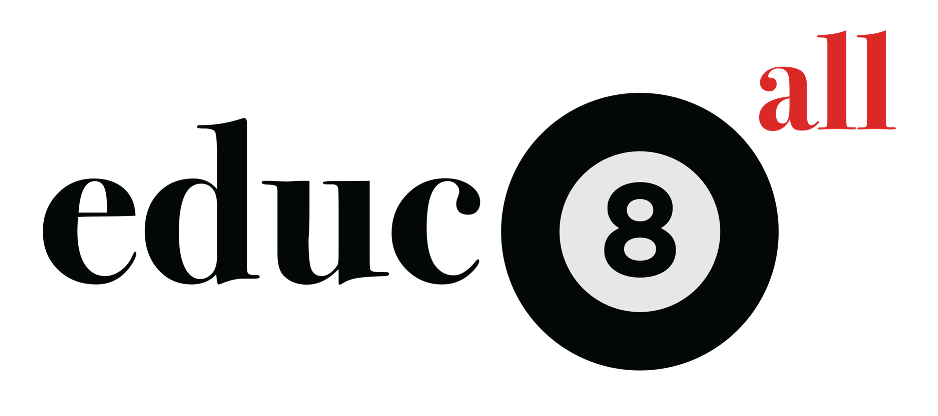
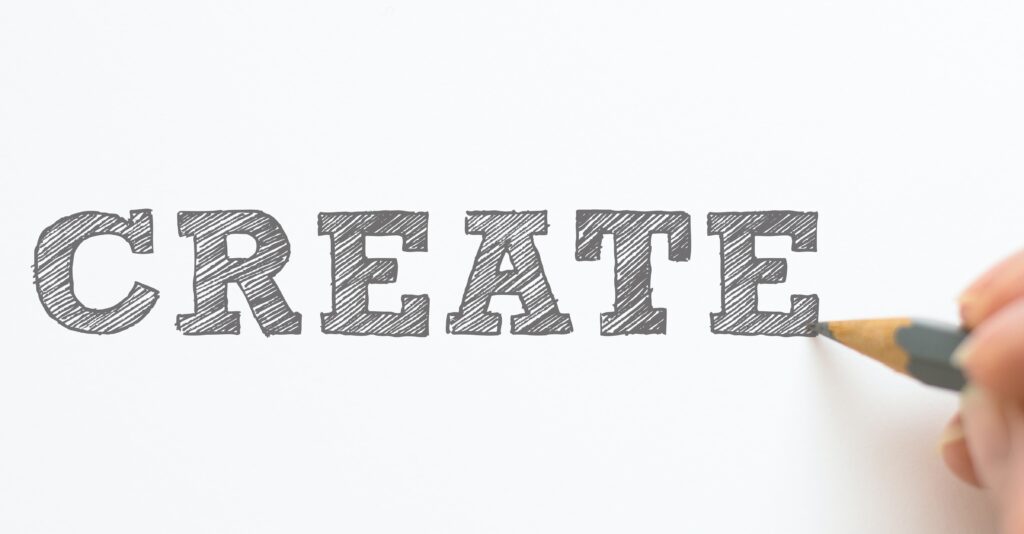


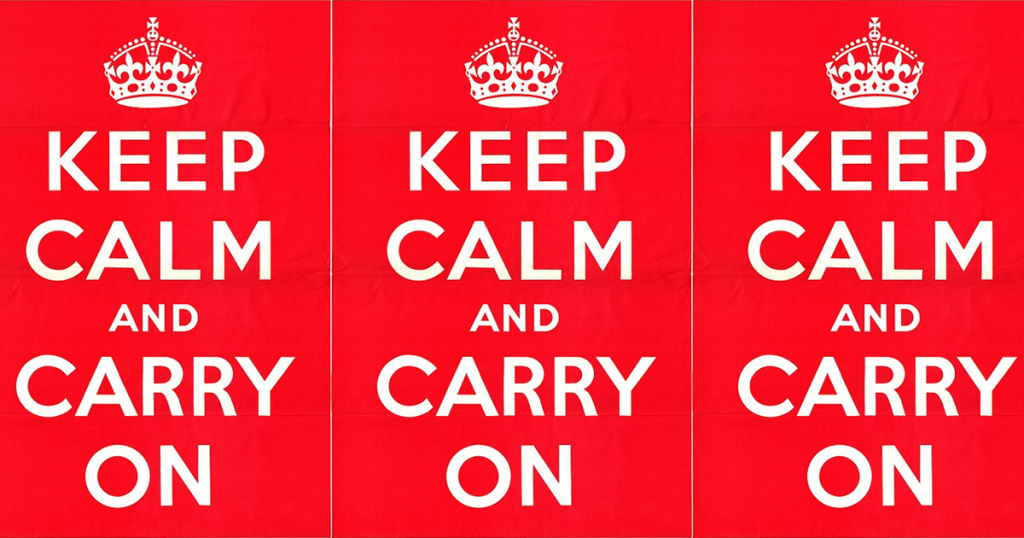
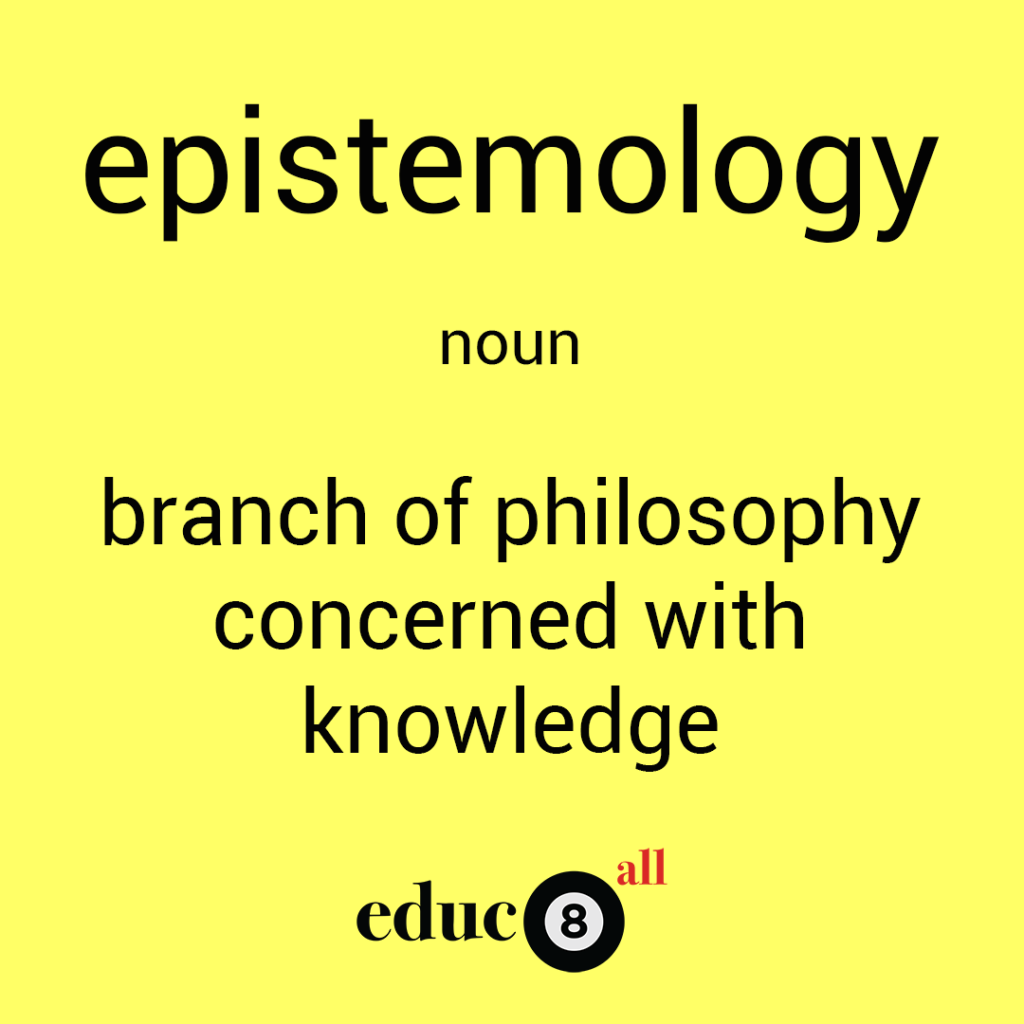
Responses